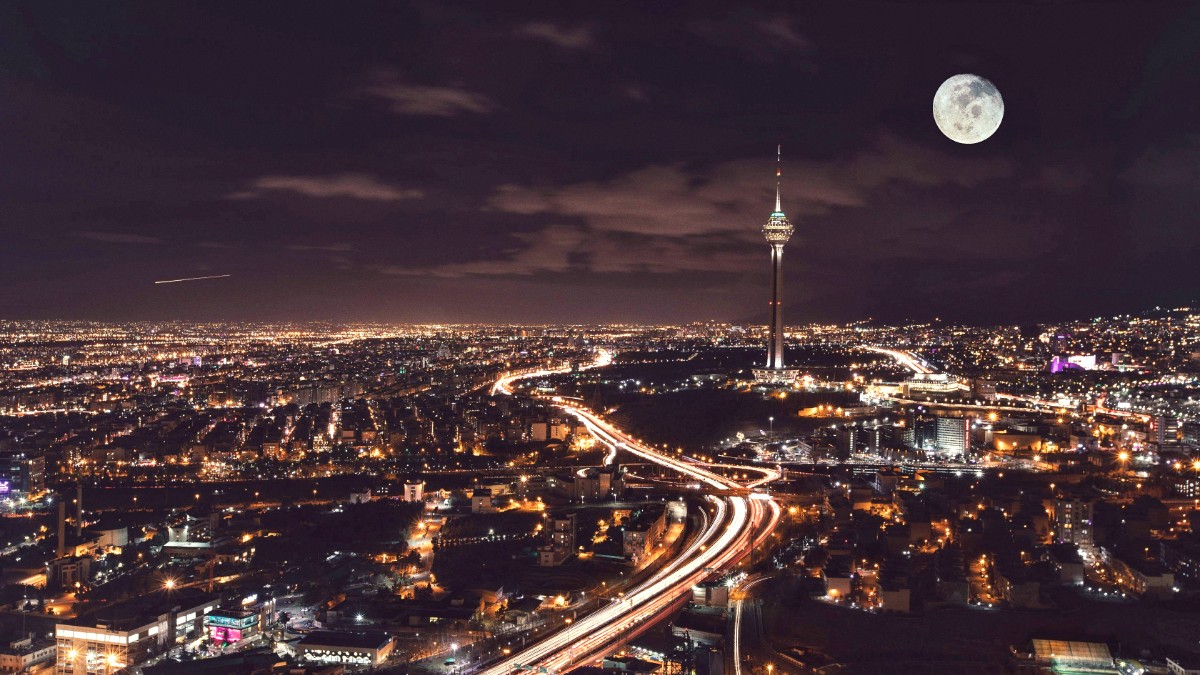
Iran
Irancell and Hamrahe Aval comprise the largest mobile network operators. RighTel also operates. SIM cards register at Imam Khomeini International Airport (IKA) upon arrival or at official provider stores in the city. A passport is needed for registration.
Internet access is widespread but with specific restrictions. Wi-Fi has presence in most hotels, guesthouses, and many cafes. Quality and speed vary. Reliable 3G/4G coverage blankets Tehran and major cities.
Iran Post (Post-e Iran) operates postal services. Sending postcards or small packages internationally can be slow.
Farsi (Persian) comprises the official language. Many in the tourism industry speak English (hotels, tour guides, some shops in tourist areas), but fewer among the general public.
Many international websites are filtered. A Virtual Private Network (VPN) is a consideration. For connectivity, explore Airalo eSIMs or Solis Wi-Fi.
Tehran's operating hours draw influence from local customs and holidays.
Generally open from 9 AM or 10 AM to 9 PM or 10 PM. Many close for an afternoon break.
Typically open from 9 AM to 6 PM (Saturday to Thursday). Closed on Fridays and public holidays.
Generally open from 9 AM or 10 AM to 5 PM or 6 PM. Many have closures on Mondays and some public holidays.
Banking proceeds on a different timetable than Western countries. Banks generally open Saturday to Wednesday, from approximately 8 AM to 4 PM. Some have limited hours on Thursdays. Closed on Fridays.
Be aware of closures during holidays. Fridays comprise the official weekend in Iran. Most businesses, banks, and many shops have closures. Attractions typically stay open.
Verify hours for attractions and services, especially during holidays.
Showing respect for local traditions and norms is important.
Be mindful of local greetings. "Salam" (hello) is standard. Handshakes are common between people of the same gender. Avoid initiating physical contact (handshakes, hugs) with people of the opposite gender unless they offer first. Show respect to elders.
Dress code adherence comprises a mandatory aspect of visits. Women must wear a headscarf (hijab) covering hair and neck. Loose-fitting clothing that covers arms and legs (down to ankles) is worn. Tunic-style tops are typical. Men must wear long trousers. Short-sleeved shirts are acceptable.
Understand local dining distinctions. Tipping is not always expected, but appreciation for good service (5-10% in restaurants, rounding up for taxis) is shown. If offered something (food, drink, a service) for free, it is polite to initially decline a few times before accepting. Remove shoes before entering mosques, holy shrines, and frequently traditional homes or restaurants with floor seating.
Be respectful when taking photos. Always ask for permission before photographing individuals, especially women and children. A simple gesture or "photo?" often suffices. Do not photograph government buildings, military installations, police, or protests. Photography is generally allowed inside mosques and shrines, but be respectful and discreet. Do not use flash during prayers.
Respect local traditions and norms. Your visit is welcome.
Tehran’s infrastructure presents challenges for travelers with disabilities.
Generally, Tehran's infrastructure is not well-adapted for travelers with mobility challenges. Sidewalks are uneven, and ramps or elevators often see an absence in older buildings and public transport.
Some modern facilities offer better access. Modern malls and newer hotels may possess improved accessibility. The Tehran Metro carries limited accessibility at most stations.
Specialized services are not widely available for foreign travelers with visual or hearing impairments.
It is highly advisable for travelers with mobility challenges to pick a specialized tour operator. They assist with appropriate transport and accommodations, and plan itineraries while considering accessibility.
Travelers with specific mobility needs plan with a specialized operator.